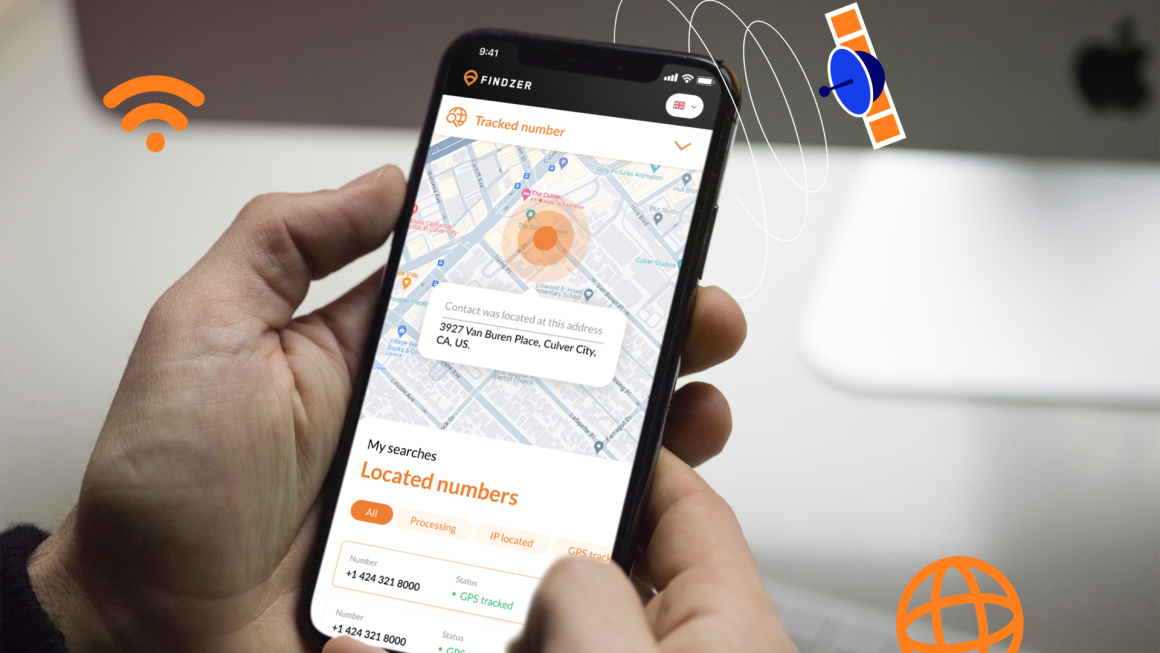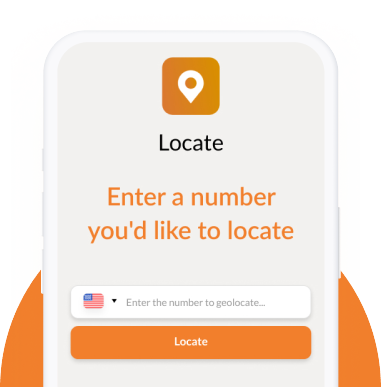In today's interconnected world, the ability to locate a mobile phone with just a phone number has become a valuable asset for individuals and businesses alike. Behind this seemingly magical feat lie two primary technologies: GPS tracking and IP location. Let's delve into each to understand how they work and their implications for phone location services.

GPS Location
GPS, or Global Positioning System, is perhaps the most well-known technology for tracking device locations. It relies on a network of satellites orbiting the Earth to accurately pinpoint the location of a device. By receiving signals from multiple satellites, a GPS-enabled device can determine its precise latitude, longitude, and altitude. This information is then relayed to the user, providing real-time location data with high accuracy.
One of the key advantages of GPS tracking is its reliability and precision. Whether you're tracking a lost phone or monitoring a fleet of vehicles, GPS technology offers detailed and accurate location information, making it invaluable for various applications.
IP Location
In contrast to GPS tracking, IP geolocation relies on the internet protocol (IP) address assigned to a device to determine its geographic location. When a device connects to the internet, it is assigned an IP address, which can be used to infer its approximate location. IP geolocation databases map IP addresses to geographic locations based on various factors, such as internet service provider (ISP) data and network infrastructure.
While IP location provides useful insights into a device's general whereabouts, it is important to note its limitations. Factors such as network routing and proxy servers can affect the accuracy of IP geolocation, leading to discrepancies in location data. Additionally, IP addresses may not always accurately reflect the physical location of a device, especially in cases where users employ virtual private networks (VPNs) or other privacy-enhancing technologies.

Conclusion
Both GPS tracking and IP location play essential roles in phone location services, offering distinct advantages and limitations. While GPS technology provides precise and reliable location data, IP geolocation offers broader coverage and insights into device connectivity. By understanding the strengths and weaknesses of each technology, users can make informed decisions when utilizing phone location services for personal or business needs.
In conclusion, the convergence of GPS tracking and IP location technologies has transformed the way we locate mobile phones, opening up new possibilities for navigation, security, and asset tracking. As these technologies continue to evolve, we can expect further advancements in phone location services, driving innovation and improving user experiences in the digital age.




